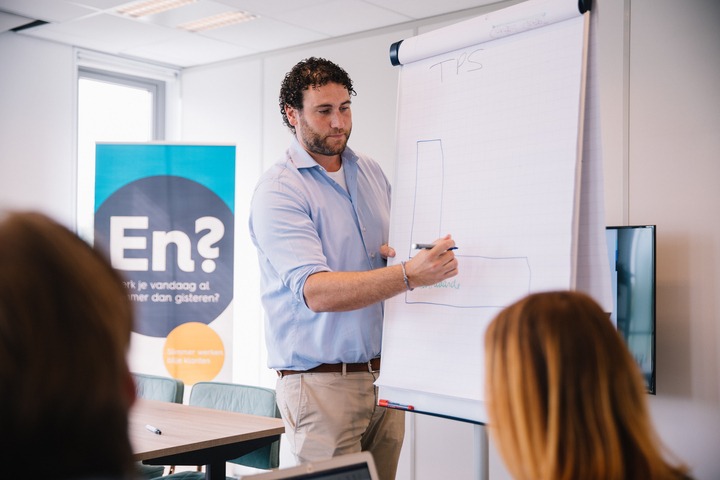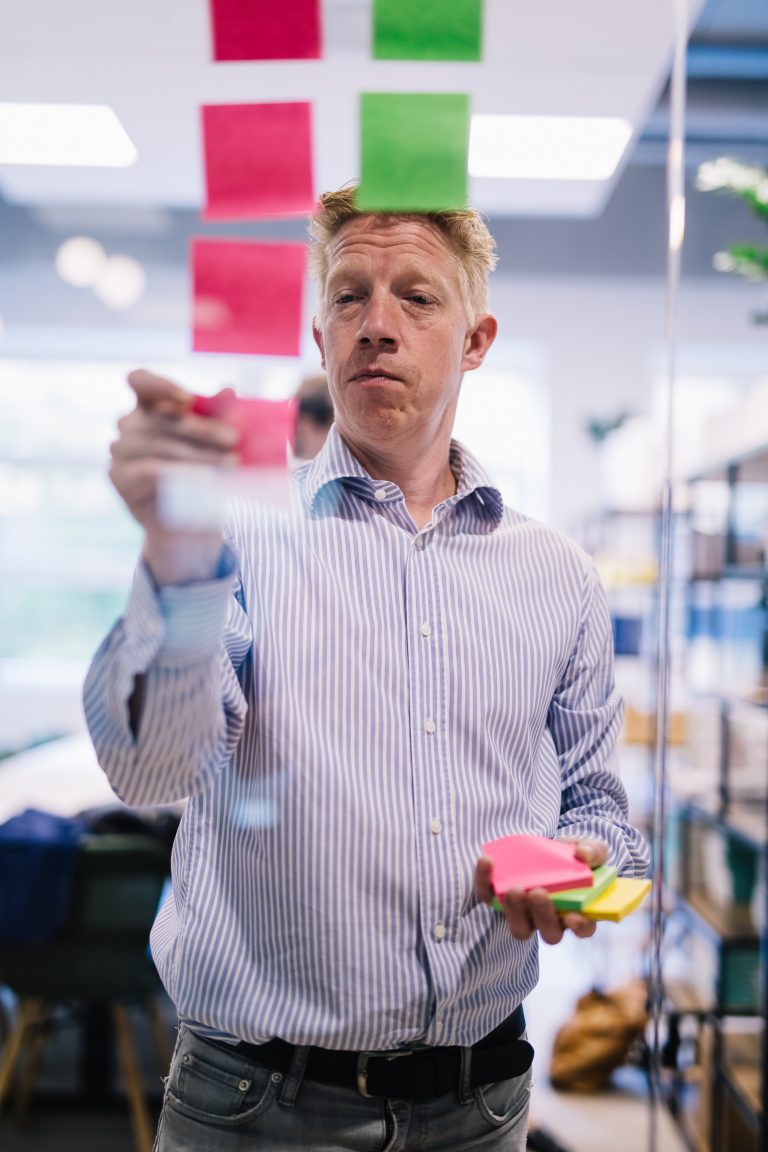It is impossible to ignore the fact that the world is moving towards a better, more sustainable future. Even within the organisation and other businesses, this should be implemented. But how? In this blog you will read about new technologies to optimise processes and the importance of teamwork. Because by motivating each other and working together, an organisation will become ready to face the future, for example by automation.
Automation of processes
Many grander organisations have laid their focus on automatic process. The prediction is smaller organisation will do the same rather soon. And this will only continue to happen more and more. For starters, only simple, repeatable process steps will become automatic, but in the long run, other processes will too. Process optimisation is part of the automation of processes. And the goal is to let processes run more efficiently, make them less work intensive, decrease risks and make the organisation more profitable.
To keep up with the fast-changing technological developments, RPA was created. This replaces the traditional way of automation. Because in the past, it was important to have knowledge of and experience regarding automation. However, with the creation of new technology, the automation of processes are simplified and, ironically, automated.
Processes in the future
To prevent your organisation from staying behind on recent developments, it is important to visualise which processes within your business should be automated. Depending on the ambitions and strategy of your organisation, of course. Important questions here are:
- Which processes are work intensive?
- Which processes contain many mistakes?
- Which processes have a bigger lead time?
Many organisations have experienced in the past, that taking the step towards automation can be very costly. Fortunately, RPA is easy to approach, because your organisation will be able to keep the same system structure. And why is that, you ask? Because the same systems will be used, in fact, only will they be controlled by robots instead of human beings. Not only will the probability of mistakes be heavily decreased, but a robot can keep on working 24/7 as well.
Focus on value
If RPA offers many advantages, then why is there still some resistance regarding the implementation of this tools? Because employees feel as if they might lose their jobs because of it. RPA makes their work easier, as they take over their repeatable and simple actions. Examples could be archiving emails. In other words, employees will fulfill less administrative tasks, which leads to more time available for customers. And in specific: delivering value to the customers.
When an organisation becomes successful, it facilitates its employees to focus on basic tasks. However, making the transition to an organisation that focuses on customer value is not as facile as might be thought. Employees should aim at higher team performances, which is the responsibility of the management team.
Would you call your organisation future-proof?
If you are intrigued and want to be ready for the future as an organisation, we surely want to assist you. Please do not hesitate to contact us.




